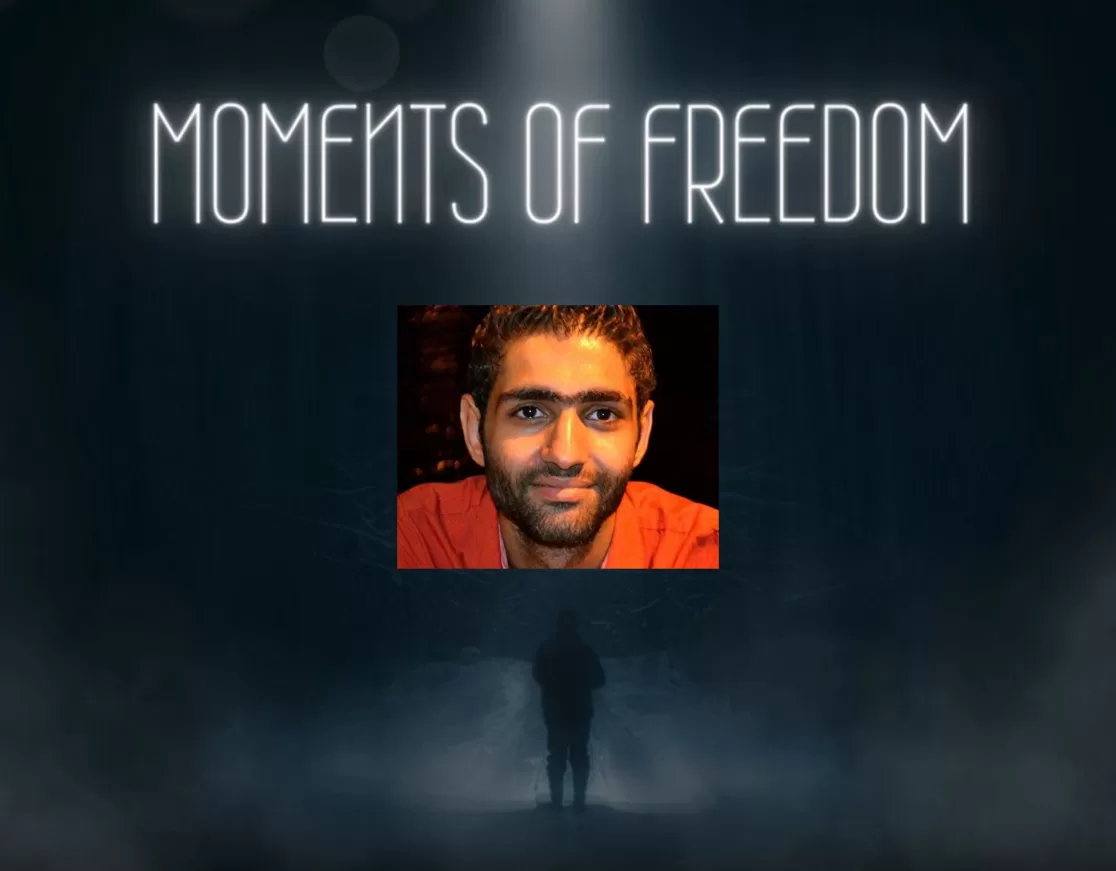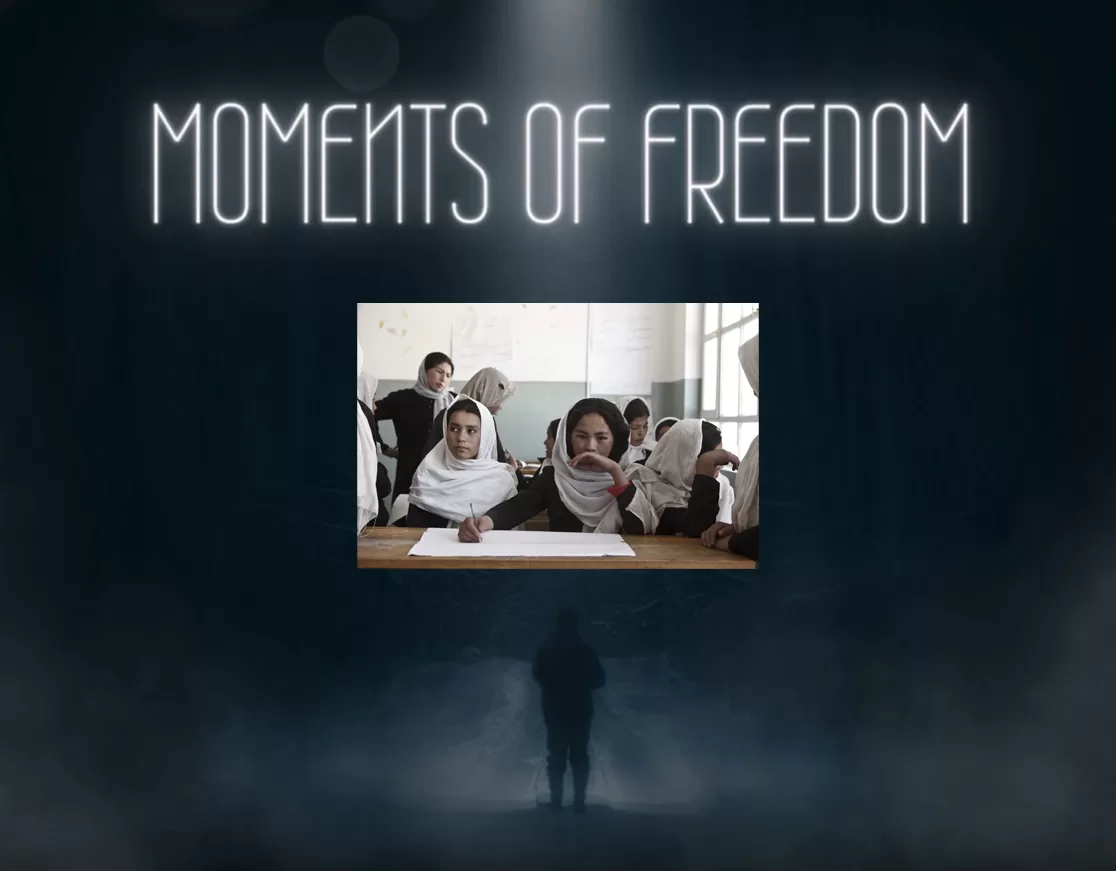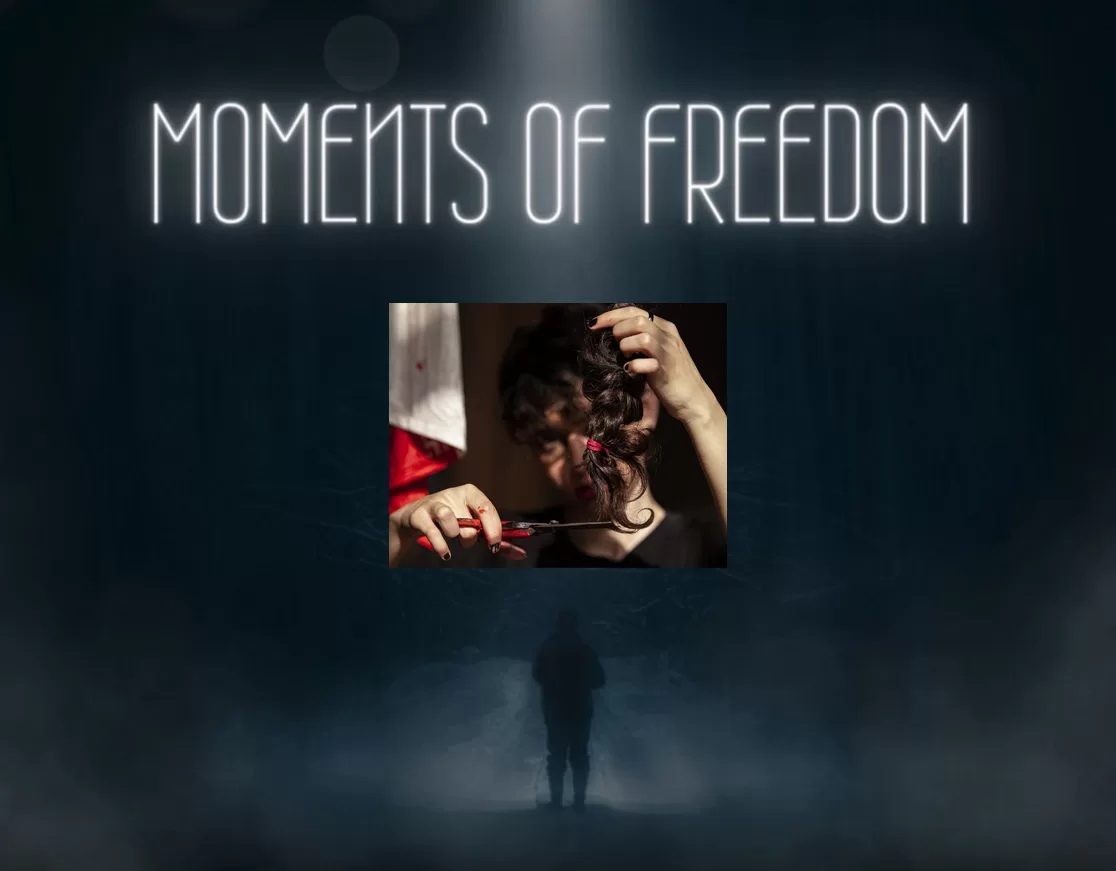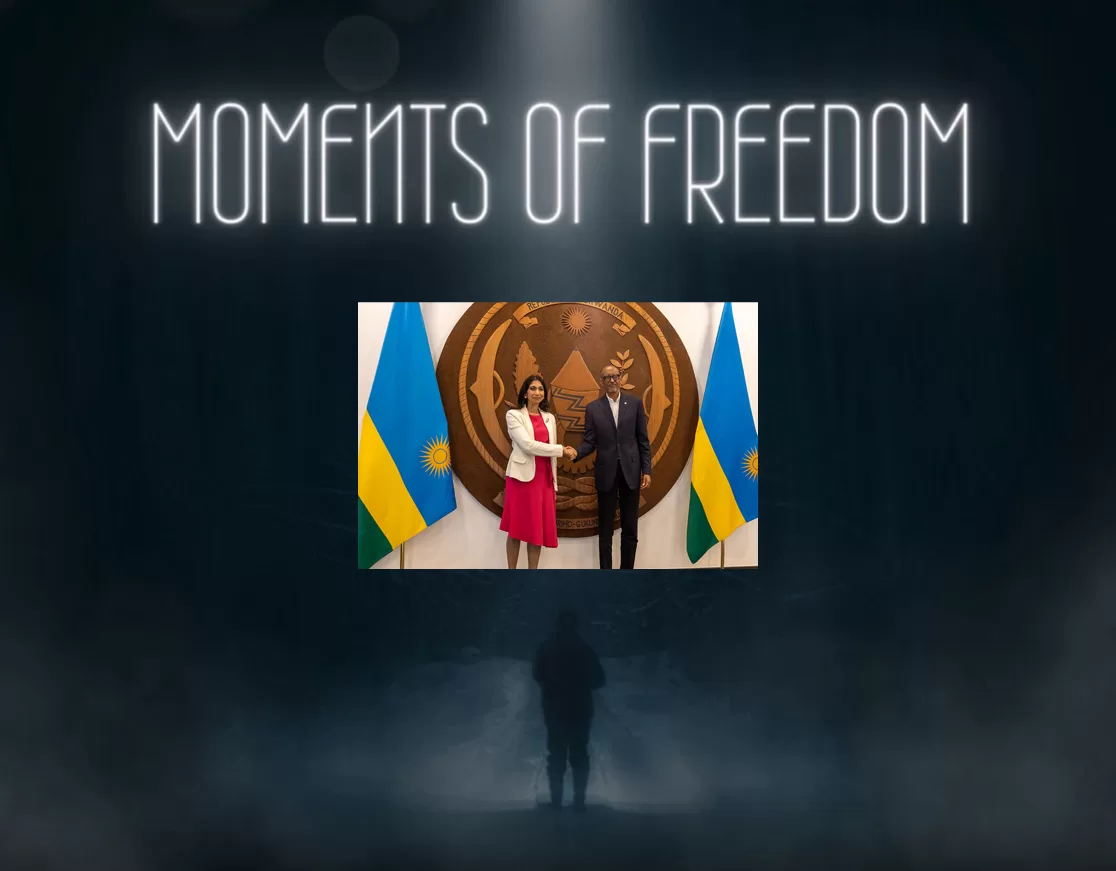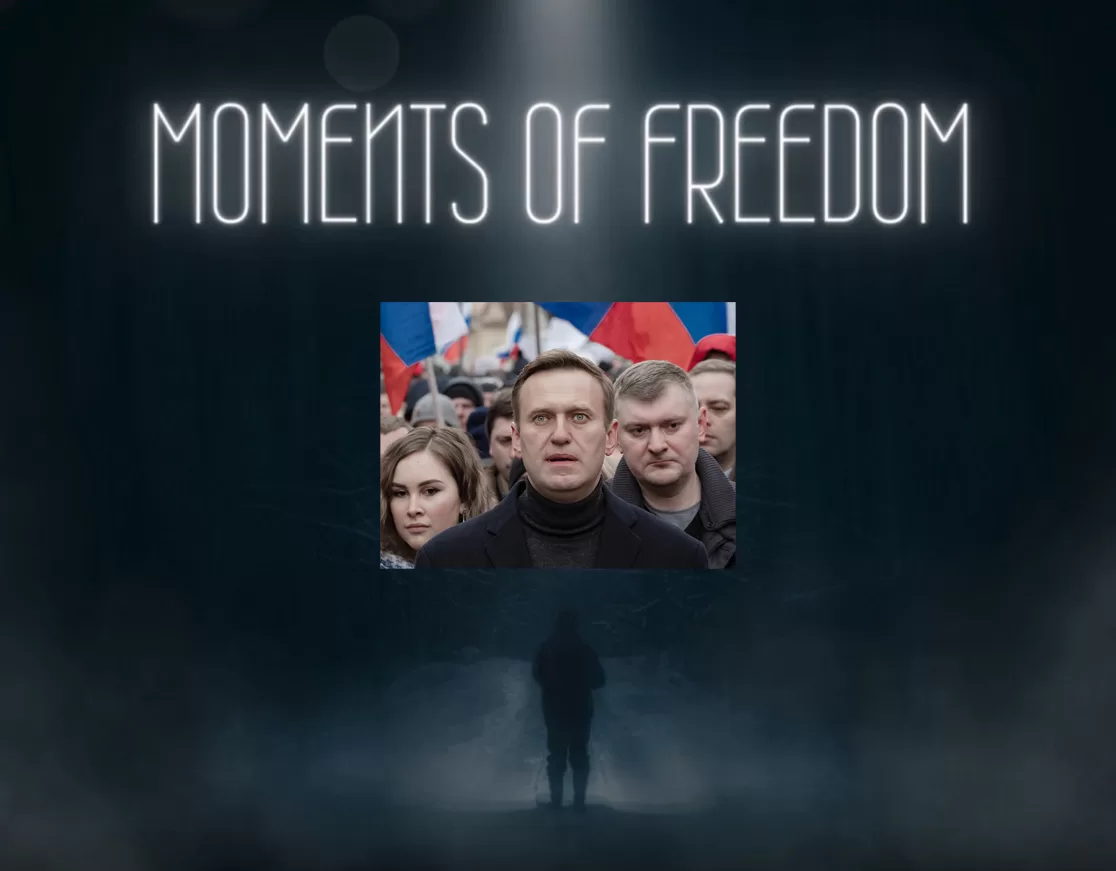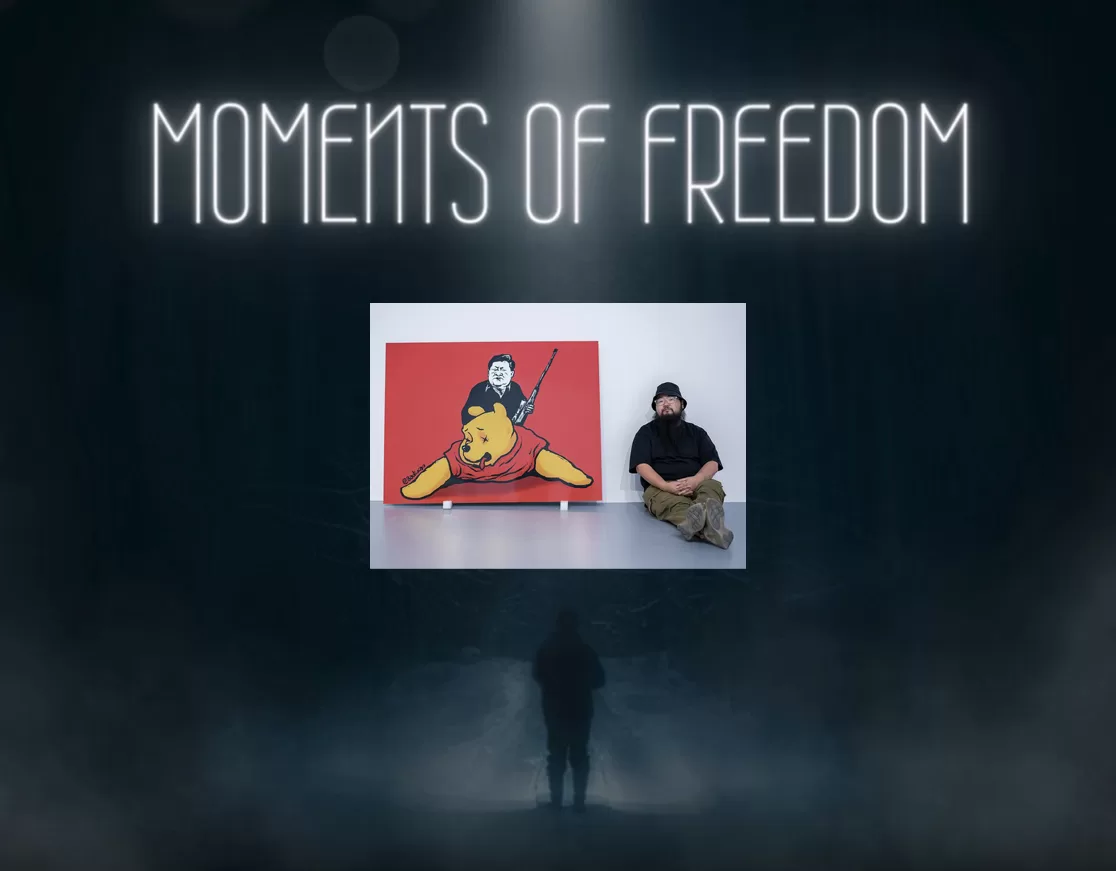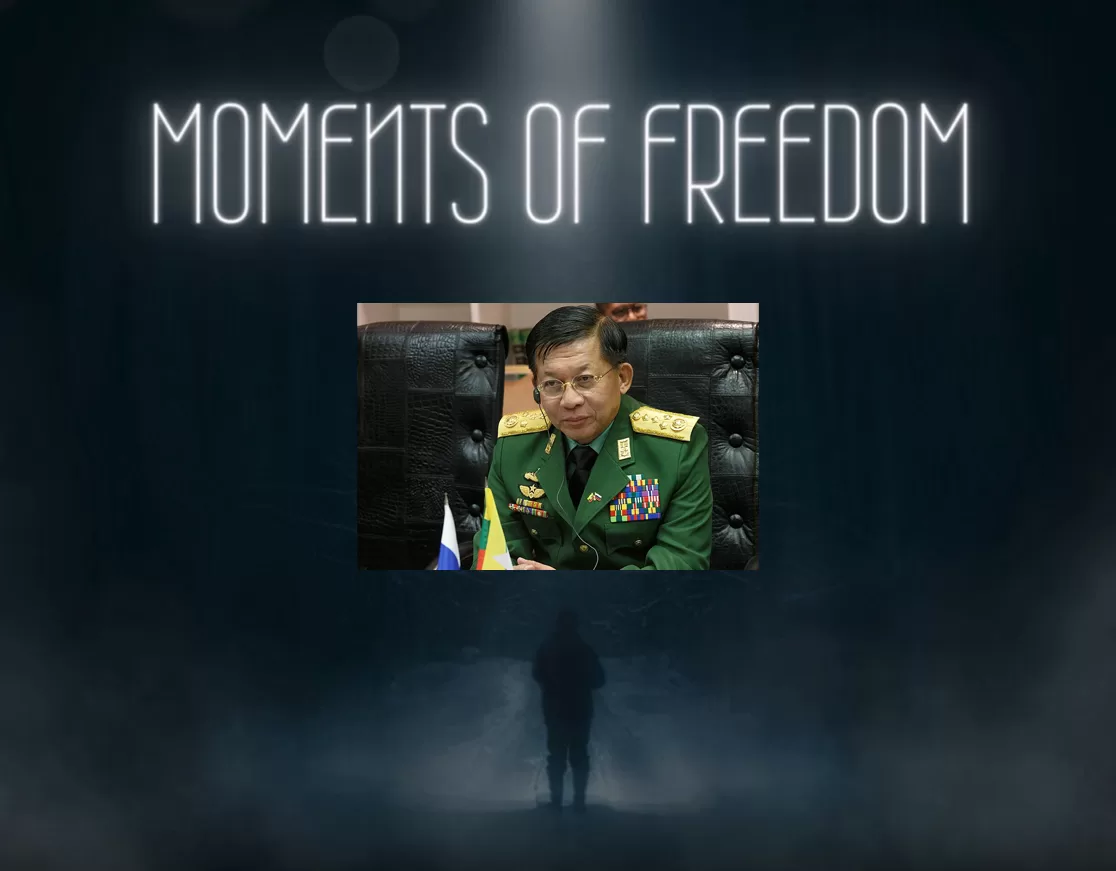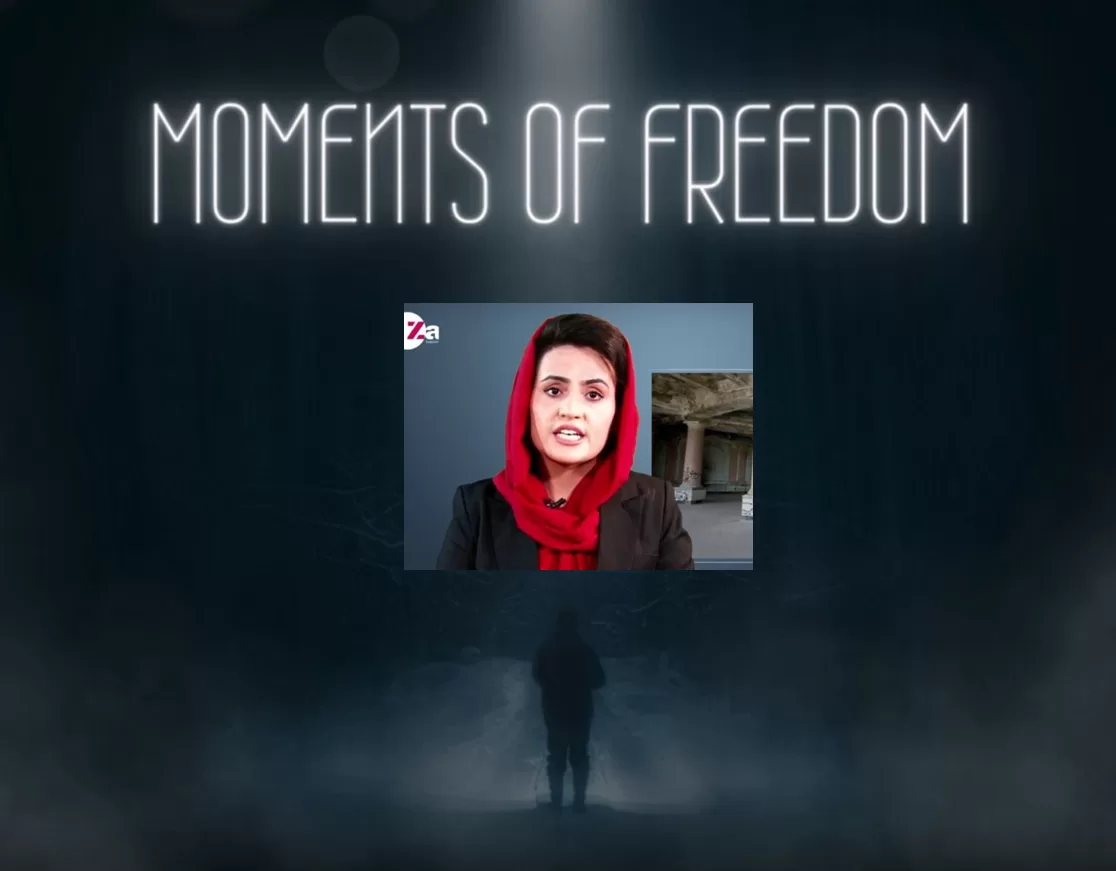Contents
The Autumn 2023 issue of Index looks at blasphemy laws, and how they are being weaponised by the religious right as a means of imposing intolerance. We wanted to understand the ways in which religion is being used by states as an excuse for censorship, and how this has played out in a global context.
The writers in this issue have examined blasphemy laws in countries all over the world, shining a light on the those who have been left voiceless or have been persecuted in the name of religion. These worrying stories paint a picture of a growing movement amongst the religious right that threatens to suppress those who do not conform to increasingly strict cultures and norms.
Up Front
Faithful foot soldiers, by Jemimah Steinfeld: The religious right is in, our rights to speech out.
The Index, by Mark Frary: From fraught elections in Mali to Russians launching VPNs, this is free expression in focus.
Features
Oiling the wheels of injustice, by Francis Clarke and Mark Frary: Behind a mega-city construction and the roar of Formula 1, Saudi Arabia is driving human rights further into the ground.
Pinochet's ghost still haunts, by Juan Carlos Ramírez Figueroa: The Chilean dictator is long gone, but support lingers on.
The dissident lives on, by Martin Bright: The dissident is not dead, long live the dissident.
No place to hide, by Nik Williams: Transnational repression has no borders in a digital world.
Peer pressure, by Thiện Việt: In China, enforced social rankings aren’t just confined to the realms of Black Mirror.
No country for anxious men, by Laura Silvia Battaglia: A mental health crisis in Yemen has left people locked up with no voice.
Nollywood gets naked, by Tilewa Kazeem: It’s getting hot in Nigeria, as the film scene strips back on what’s deemed inappropriate.
Policing symbolism, by Jimena Ledgard: Peruvian protesters are being met with violence, and not even flower carpets are safe.
Setting the story straight, by Danson Kahyana: Uganda’s new anti-homosexuality law is having an unexpected effect, with literature being ripped apart.
A marriage made in transgression, by Alexandra Domenech: Despite being tortured by security forces and her fiancé thrown in jail, Russian dissident Alexandra Popova is staying put in Moscow.
Out of the oven, into the fire, by Mir Aiyaz: Rohingya Muslims hoping for open arms in India are getting a cold reception.
Special Report: In bad faith - how religion is being weaponised by the right
For the love of God?, by Rebecca L Root: As intolerance rises in many parts of the world, a misplaced profanity can spell out death.
Worshippers of power, by Jemimah Steinfeld: Under the eye of the religious right, Margaret Atwood discusses why a blasphemy accusation holds so much power.
King David he is not, by JP O'Malley: The USA's religious right is playing the Trump Card.
No sex please, we're Hindus, by Salil Tripathi: Oppenheimer isn't just breaking box office records, it's offending Hindu nationalists.
In the name of the father?, by Francis Clarke: A far from extensive list of the countries currently imposing sentences on those who "offend".
A call to harm, by Ayesha Khan: Pakistan has some of the world's harshest blasphemy laws, but punishments come from those outside the law too.
The blasphemy obstacle course, by Mai Al-Nakib: Kuwait's rocky relationship with blasphemy laws is breeding a generation of self-censored authors.
Self-worship is the new religion, by Tara Isabella Burton: A new faith is emerging and it's not necessarily open to different views.
Think of the children, by Katie Dancey-Downs: When Juno Dawson's stories are banned, is it really about the books?
Turkey's zealots still want blood, by Kaya Genç: A foundation related to the controversial and failed translation of The Satanic Verses continues to be attacked.
Sharia Law and disorder, by Kola Alapinni: When the state fails to step in, violent mobs control the punishments for blasphemy in Nigeria.
Loose hair in Tehran, by Farnaz Haeri: The writer describes her first time walking out in Iran without a headscarf.
Handmaid's tale in a holy land, by Jo-Ann Mort: In an Israel that is eroding women's rights, female-free billboards and segregated beaches are just some of the battlegrounds.
Practise what they preach, by Simon Coates: Religious values are an excuse to eradicate LGBTQ+ discussion in the UAE, while tolerance is forgotten.
Poland's papal problem, by Kseniya Tarasevich: One Pope's lack of integrity paints a picture of Poland's infiltrated politics.
Comment
Turkish and European courts failed me, by Nedim Türfent: How one journalist swapped a press card for a "terrorist" badge.
Truth in seduction, by Mark Hollingsworth: A historian struggles to lift the cloak of secrecy on a KGB-orchestrated sex scandal.
First they came for the female journalists, by Zahra Joya: The space for women in Afghanistan is ever-diminishing, and female journalists are crucial.
Speak, debate, challenge, by Ruth Anderson: Index's guiding framework remains the same in a 2023 context.
Culture
Will Paulina ever rest?, by Ariel Dorfman and Jemimah Steinfeld: The Death and the Maiden protagonist fights for justice once more. Plus an exclusive new short story.
Lines of inquiry, by Richard Norton-Taylor: The thorn in intelligence establishment's side explains the growing pressure on whistleblowers

